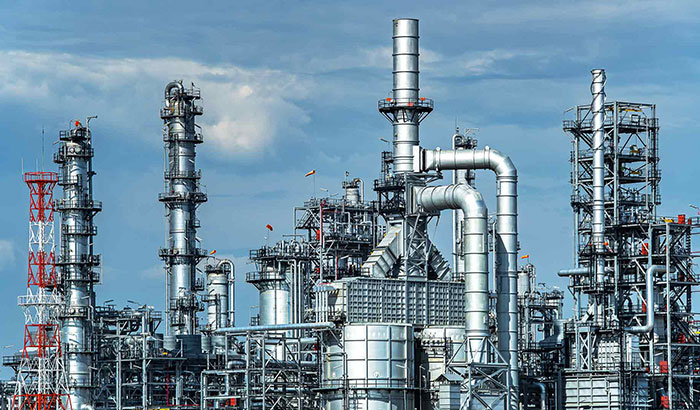Ghana’s Tema Oil Refinery (TOR) has revealed a staggering US$517 million debt as of December 2024 — a figure that continues to climb despite the refinery’s contributions to its own debt recovery levy since 2003 .
Debt Explosion: From Levy to Liability
Despite consistent payments from a dedicated TOR Debt Recovery Levy (applied to oil products since 2003), TOR’s total debt burden has kept increasing. Management attributes this to accumulated arrears, delayed government subsidies, and ineffective debt controls within the state-owned enterprise .
Historical Underpayment and Subsidy Delays
For years, TOR received incomplete subsidies from the government — a primary reason for its recurring financial struggle. Subsidies meant to offset operational costs were often delayed, forcing the refinery to borrow repeatedly just to remain operational.
Operational Inefficiencies Inflate Liabilities
Analysts stress that TOR’s financial woes aren’t caused solely by external delays. Persistent operational inefficiencies — including outdated equipment, high maintenance costs, and low throughput — have pressured margins and forced TOR to repeatedly tap into debt facilities.
Read Also: Former Railways Minister Joe Ghartey Cleared in Sky Train Probe, Says Deputy AG
Why the Levy Isn’t Enough
The TOR Debt Recovery Levy, imposed per litre of fuel, was intended as a remedy for long-term debts. However, the refinery’s management reports that levy inflows are hindered by systemic inefficiencies: leakages in the oil supply chain, tax evasion, and lack of transparency in fund allocation .
Regulatory Oversight & Accountability Gaps
Despite TOR’s role as one of Ghana’s major government parastatals, there has been uneven regulatory oversight of its finances. Experts are urging the Energy Ministry and Parliament to implement:
- Regular, independent financial audits of fuel levy collections
- Full subsidy transparency schedules
- Operational restructuring to trim costs and improve refinery efficiency
Impact on Fuel Prices & Consumers
With a looming debt of US$517 million, TOR’s long-term viability is at risk. Any insolvency could have far-reaching consequences: fuel shortages, price spikes, and higher import costs for refineries. This might eventually affect petrol prices at the pump, directly impacting Ghanaian households.

